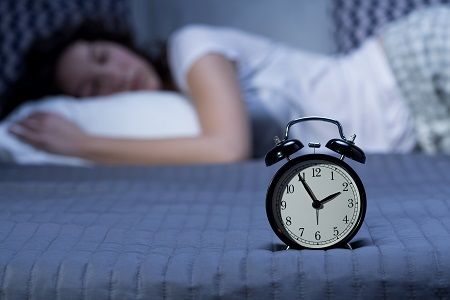Article
Sleep Problems in Young Adults Predict Pain Later On
Author(s):
If a young person has sleep problems, there’s an increased risk that they will have chronic pain in the long-term.

If a young person has sleep problems, there’s an increased risk that they will have chronic pain in the long-term.
It’s been long believed that sleep disorders and pain go hand-in-hand at least in some capacity. In new research published in PAIN, a team from the University Medical Center Groningen in the Netherlands observed that sleep issues in emerging adults ups the risk of chronic pain and more severe pain when they get older.
“In emerging adulthood, sleep habits change, problems with maintaining sleep increase, and around 30% of the emerging adults experience at least one sleep problem,” the researchers said. About 14% of this population suffer from chronic pain — most of which are female, which correlates with most age groups.
The study assessed 1,753 emerging adults (defined as those ages 19 to 25). The goal was to identify how sleep problems impact chronic pain and pain severity in musculoskeletal pain, headache, and abdominal pain. The team hypothesized that the relationship is bidirectional and symptoms such as fatigue, physical inactivity, and anxiety and depression influence the outcomes.
- Related: Sleep Disorder in Women Raises Diabetes Risk
Three years after the initial sleep evaluation, about half of the participants still had the sleep problems. Those who had these issues were more likely to have new or persistent chronic pain than those who did not — 38% vs. 14%.
“We found that sleep problems were associated with chronic pain, and musculoskeletal pain, headache and abdominal pain severity in emerging adults (age: 19-22),” the authors confirmed. “Sleep problems also predicted (persistent) chronic pain and an increase in musculoskeletal pain severity over three years.”
The associations were particularly strong for females, which the researchers hypothesized would be the case. In addition, the relationship was mediated by fatigue but not physical inactivity or anxiety and depressive symptoms.
This significant relationship, however, is not a two-way street. There was not a connection between having pain in emerging adulthood and sleep problems years later.
Based off of these findings, it’s suggested that addressing sleep problems could help patients with chronic pain, and avoid it in the future.
Also on MD Magazine >>> Meditation Relieves Pain, But Differently Than Opioids


